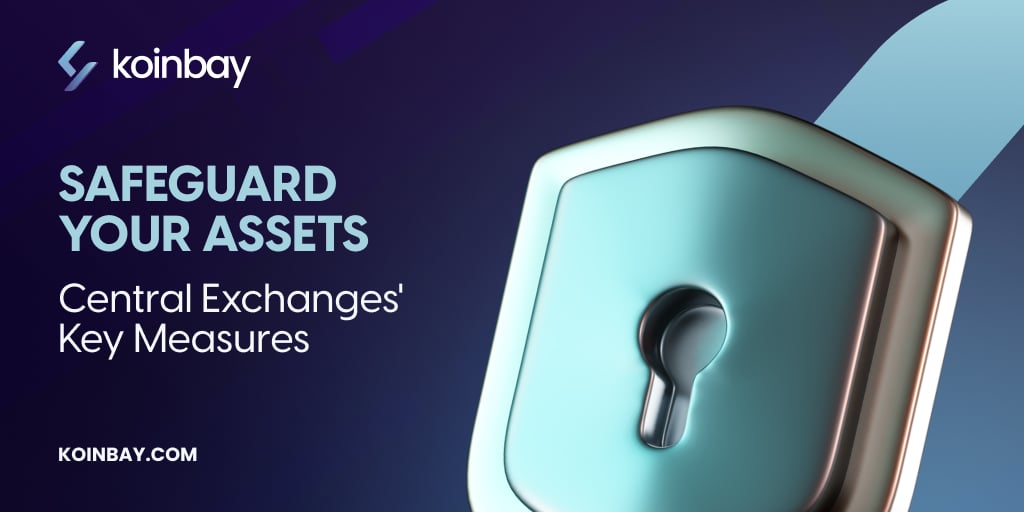In the rapidly evolving landscape of cryptocurrency trading, centralized exchanges play a crucial role in facilitating transactions for millions of users worldwide with Cryptocurrency Custody Solutions. However, concerns about security vulnerabilities and the protection of user assets remain lingering concerns. In response to these challenges, centralized exchanges have implemented stringent security measures to fortify their platforms and safeguard user funds.
Key Takeaways:
- Cryptocurrency Custody Solutions is one of the factors that put the crypto industry into question.
Centralized exchanges play a crucial role in facilitating transactions for millions of users worldwide. - Key security measures that most centralized exchanges utilize to protect user assets include Two-Factor Authentication (2FA), Cold Storage of Funds, Multi-Signature Wallets, and Regular Security Audits.
- Create a KoinBay account and start trading crypto today!
Below are the key security measures implemented by centralized exchanges to enhance user asset protection.
Two-Factor Authentication (2FA)
One of the fundamental security measures employed by centralized exchanges is the implementation of Two-Factor Authentication (2FA). By adding an extra layer of verification, 2FA requires users to provide an additional piece of information, such as a one-time password generated through a mobile app or a text message. This protection feature significantly reduces the risk of unauthorized access to user accounts, even if the login credentials are compromised.
Cold Storage of Funds
Centralized exchanges often employ the use of cold storage wallets to protect a significant portion of their users’ assets. Cold storage refers to the practice of storing cryptocurrencies offline, disconnected from the internet, in hardware devices, or paper wallets. By keeping funds offline, exchanges mitigate the risk of hacking attempts and unauthorized access. While a portion of funds remains in hot wallets for immediate trading liquidity, the majority is stored securely in cold wallets.
Multi-Signature Wallets
To further bolster trustworthiness, centralized exchanges have adopted multi-signature (multi-sig) wallets. These wallets require multiple private keys to authorize transactions, typically involving key shares held by the exchange and the user. Multi-sig wallets instill trust and increase security by ensuring that a single compromised key cannot authorize transactions on its own. This mechanism offers an additional layer of protection against theft and hacking attempts.
Regular Security Audits
Responsible exchanges conduct regular security audits to identify vulnerabilities and enhance their protective infrastructure. These audits are typically performed by independent third-party firms specializing in cybersecurity. By assessing the exchange’s system, codebase, and network infrastructure, these audits help uncover potential weaknesses and provide recommendations for improvements. Such proactive measures ensure that exchanges can stay one step ahead of emerging threats and bolster their defenses accordingly.
Insurance Coverage
Recognizing the need to instill further confidence in their users, some centralized exchanges have started providing insurance coverage for user assets. This coverage protects users in the event of a security breach or loss of funds due to hacking or internal malpractice. Insurance policies vary in terms of coverage limits and conditions, but they serve as an additional safety net, providing peace of mind to traders and investors.
KoinBay Prioritizes User Asset Protection
KoinBay, a centralized crypto exchange, has made significant steps in implementing robust protection measures to preserve users’ assets. From two-factor authentication and cold storage solutions to multi-signature wallets and regular security audits, these measures demonstrate a commitment to fortifying the platform against potential threats. KoinBay continually invests in infrastructure and explores innovative solutions to provide a trustworthy trading environment for its users, fostering trust and confidence in the cryptocurrency ecosystem as a whole.
Telegram — Twitter — Facebook — Instagram — LinkedIn — YouTube
This article incorporates insights and content generated by language models and other AI technologies. While the author has made every effort to ensure the content’s accuracy and reliability, neither the author nor KoinBay can guarantee the absolute correctness, comprehensiveness, or dependability of all information provided.
Cryptocurrency trading inherently carries significant risks. It’s not suited for everyone. Before engaging in cryptocurrency trading, it’s essential to evaluate your investment goals, experience, and risk tolerance. It’s possible that you could experience a total or partial loss of your investment, hence only invest what you can afford to lose entirely. Understand all risks associated with cryptocurrency trading and consider seeking counsel from an independent financial advisor. Participating in ICOs, IEOs, STOs, or any other offerings doesn’t assure any returns on your investment.
Always stay informed and exercise caution when dealing with cryptocurrencies and related technologies.


